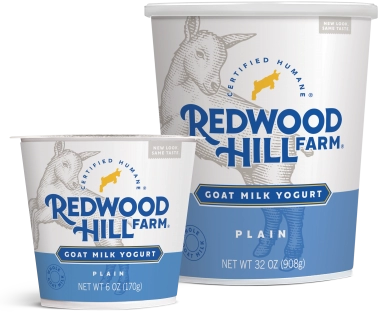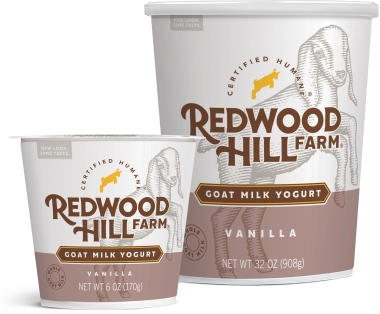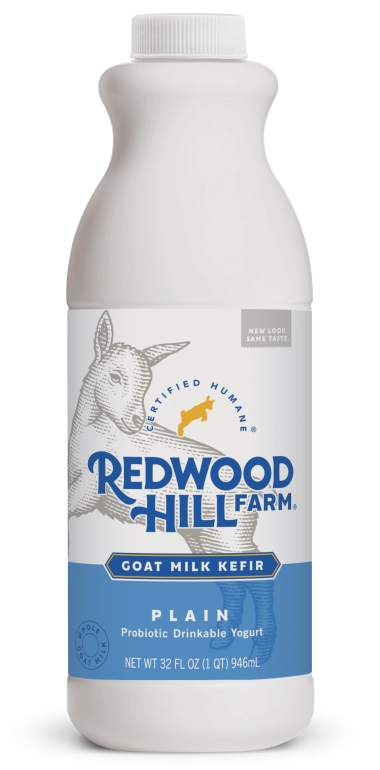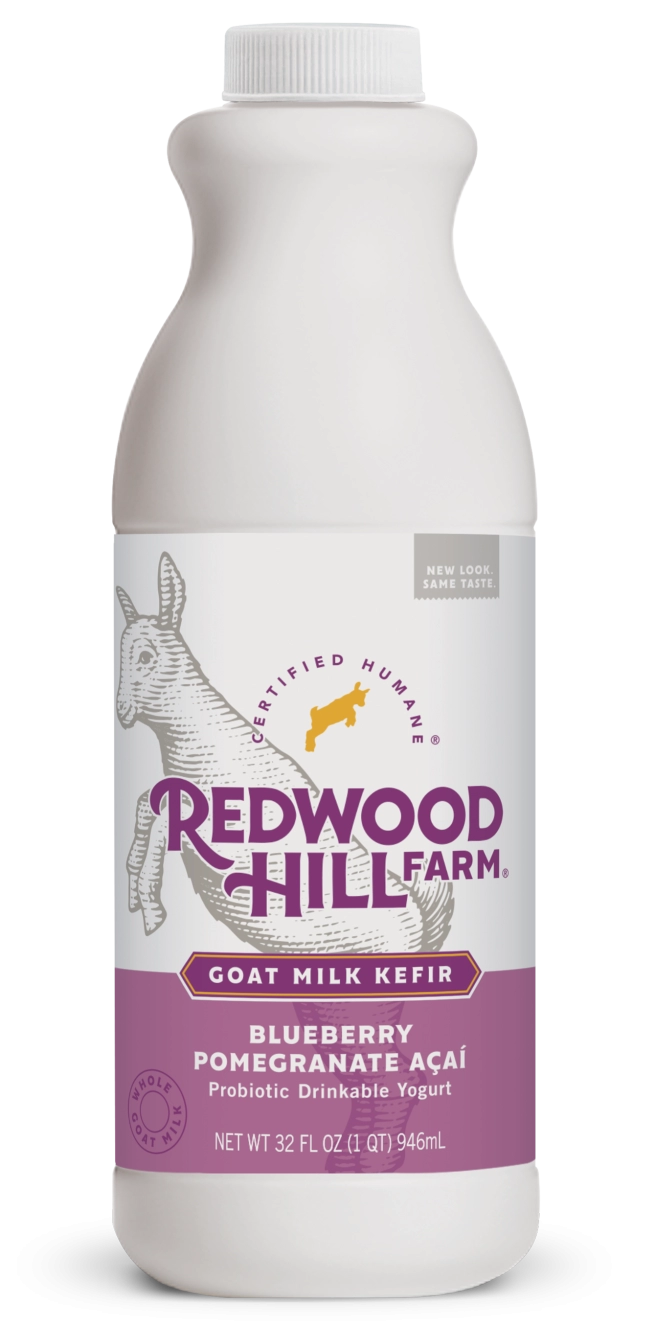It is typical in Sonoma County to experience an extended dry period each summer without rainfall for many months. We are therefore accustomed to using water wisely and have implemented different water conservation systems which include composting, drip irrigation, reclaiming and reusing water, and dry farming. The severe drought conditions of the last four years have challenged us to perfect these techniques as we make the most of the water we have, now more than ever.
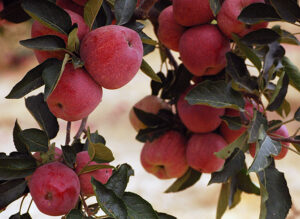
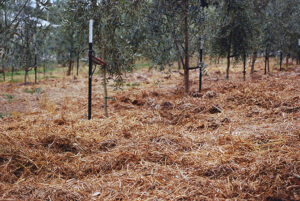
One of the most effective water conservation programs we have in place at our Sonoma County farm near Sebastopol is composting. Composting enables us to use less water while enhancing the cultivation of some of our goat feed, growing our own food, and enriching our farmland overall. Composting is a natural process that turns vegetable matter or manure into a dark rich substance compost or humus.
As rainwater is caught and filtered through the straw down into the soil, orchards and gardens are fed with the nutrients from the rotting compost. Over the winter and into the next spring, the straw and manure compost continues to break down. The bottom layers, with the help of worms and other composting insects, turn the compost slowly into rich, loamy topsoil.
In addition to mulching our food and flower garden boxes at the farm, we use drip irrigation systems throughout the farm for our young, olive orchard as well as for the raised garden beds, blueberry shrubs and other berries that we grow for food each year. Drip irrigation, also known as “trickle irrigation” is a simple, but very effective system that consists of a network of tubes and emitters to focus the water close to the plants and young trees. This allows the water to drip slowly in those areas. Compared to traditional, overhead watering this method is very efficient in reducing evaporation and delivering only the necessary amount of water directly to the base of the plant, just where it is needed.
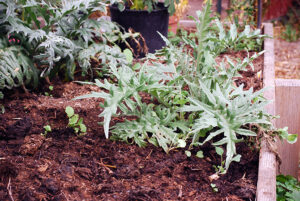
In the dairy milking parlor we continue our water conservation efforts by reclaiming and reusing water from our equipment’s automatic wash cycle. After the wash cycle, the water is directed to a holding tank where any sediment settles. The grey water from that tank is siphoned, pumped and then used to wash the floors of the dairy barn each day.
Sonoma County has long been known for the delicious Gravenstein apple’s commercial production and growing apples has been a tradition from Redwood Hill Farm’s very beginning, almost five decades ago. We have over 15 different apple varieties in our abundant orchard, which is entirely dry farmed. Dry farming is a system of growing crops in low water or arid regions and means that no water or artificial irrigation are used on the trees except for the water they receive with the winter and spring rains. While the fruit size is typically smaller than an irrigated orchard, the yields are very good.

Healthy topsoil is critical to sustainable dry farming, and preserving the soil is considered an important long-term goal of our orchard’s dry farmed operation. We use no- or reduced tilling, and straw compost spreading throughout to protect and replenish the orchard’s valuable topsoil. Our free-range chickens as well as the rabbits, deer, turkeys and other wildlife that live in and around the farm appreciate our efforts as they enjoy the abundance of the land.
As we continue to harvest our apples and notice the leaves that begin to turn to their bright fall colors, we’re hopefully optimistic for more rainfall this winter. Meteorologists are predicting with a high certainty that an “El Niño” weather pattern is developing. This means winter and spring rainfall for the West Coast – and hopefully lots of it to soak the fields and gardens on our farm once again.
